07/19/2022
6 most reliable Volkswagen models
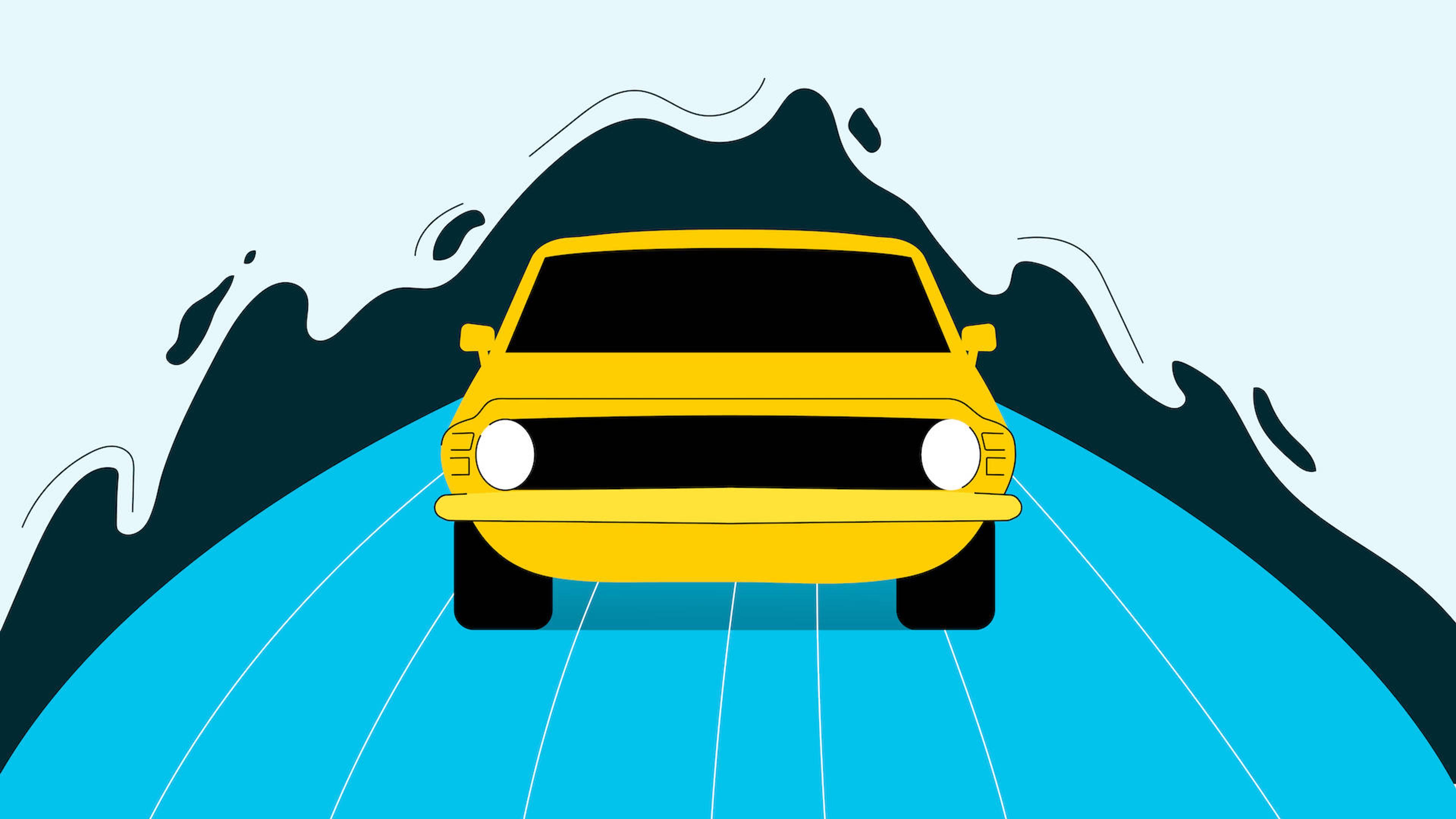
Volkswagen is one of the largest car manufacturers in the world. The Volkswagen Group also sells vehicles under the Audi, Seat, Škoda, Bentley, Porsche, and Lamborghini brands.
According to research by the Consumers' Association, while Volkswagen's reliability is questionable, it remains one of the most reliable German car makers. Low reliability ratings are mainly caused by the problematic Touareg, Atlas, and Passat models, but Volkswagen also has some great and long-lasting cars. Let’s look at what they are!

Afraid of buying a wreck?
Check any VIN to learn a vehicle's history!
How we made this list
You can't tell how reliable a new car is going to be, but predictions are pretty accurate when backed up by facts. While automotive journalists conduct surveys on customer satisfaction, repair shops collect data about the most common damages.
We used data from the J.D. Power and WhatCar? reliability surveys, RepairPal statistics, and data from car history reports we generated to provide you with an unbiased picture of Volkswagen’s reliability.
Which 6 Volkswagen cars are the most reliable?
6. Jetta
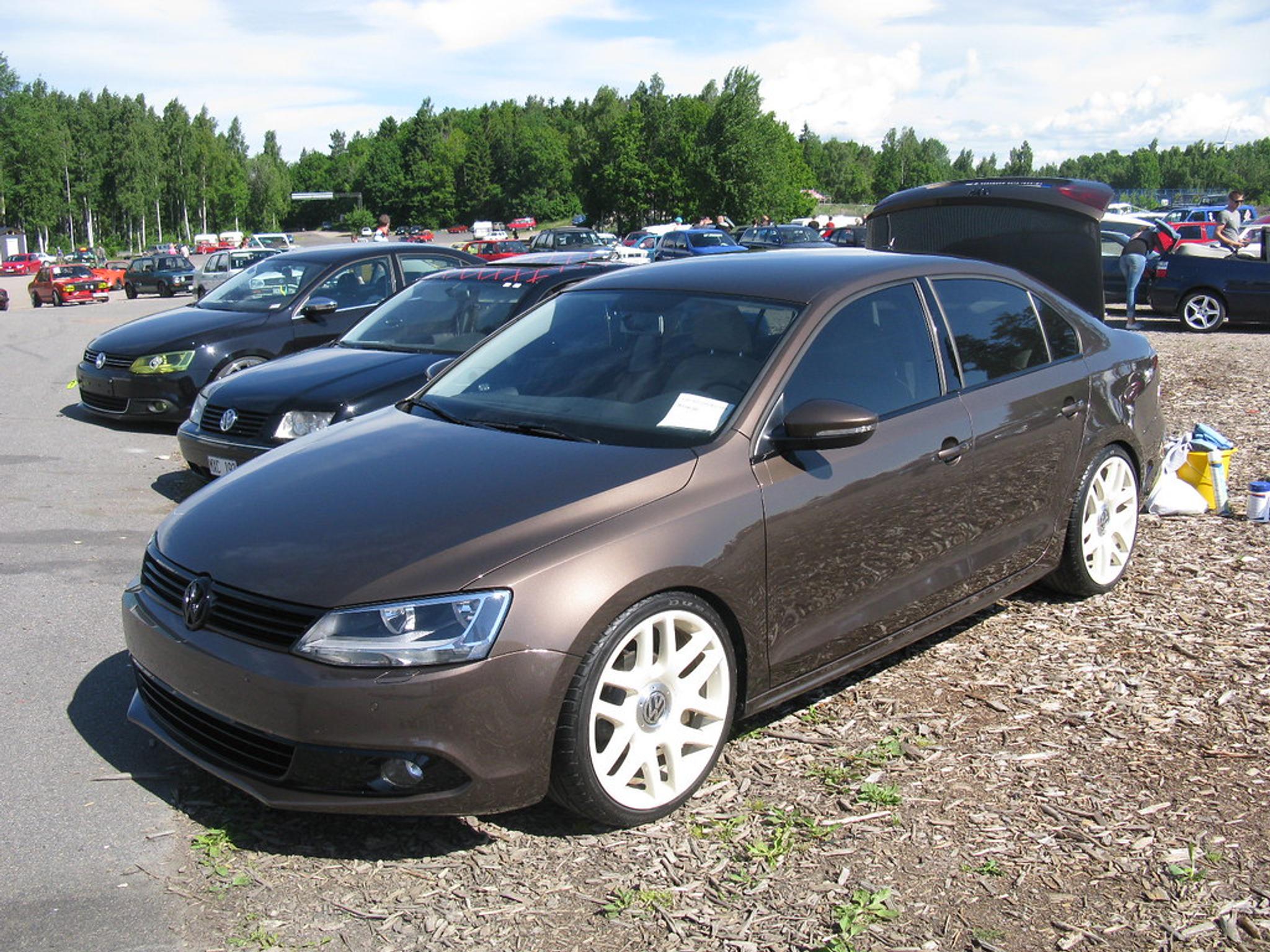
The Volkswagen Jetta is technically very similar to the Volkswagen Golf, and it's a decent choice if you're looking for a safe and affordable German car.
The Jetta hasn't always been reliable. Data from Consumer Reports suggests that the 2010-2013 and 2019 models are prone to expensive transmission and body hardware issues. Luckily, these problems are not so common in later models, resulting in an 81 out of 100 reliability score from J.D. Power for the 2020 Jetta and a 79/100 score for 2021-2024 models.
While the reliability score is promising, many Jettas arrive in Europe from the US damaged. carVertical reveals that a shocking 63% of VW Jetta history reports have damage records, so be careful when looking for a used one.
Unlike the previous model, the newer Jetta's styling is modern, the buttons are sturdy, and the plastics don't crack, leading owners to praise the interior quality. The new Jetta prices start at a little over $19,000.
5. Polo
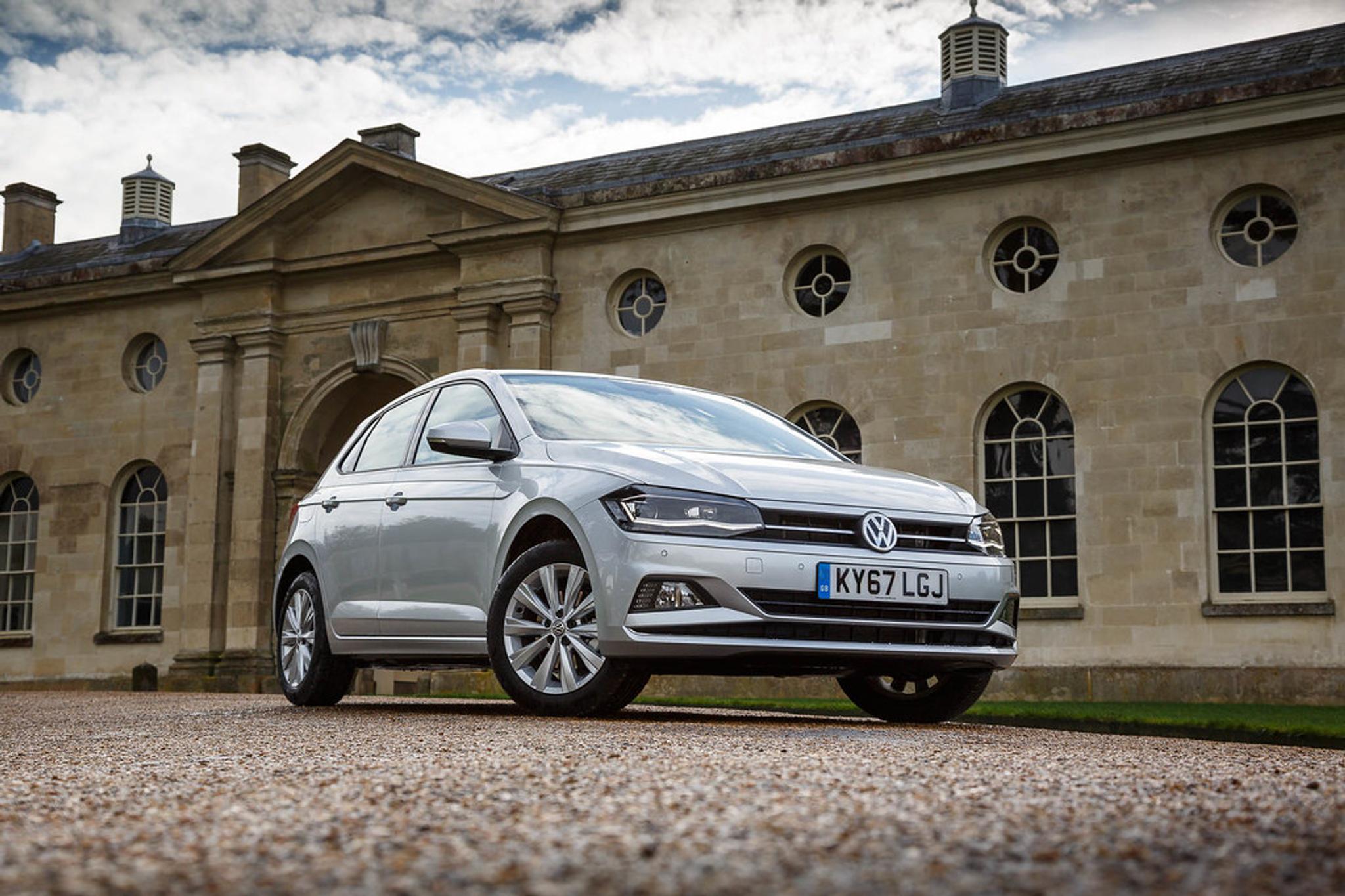
The VW Polo is one of the smallest cars in the manufacturer's lineup, meaning fewer features and no plush materials. Older Polo models often had problems with malfunctioning airbags and prematurely worn brake discs.
Volkswagen also issued airbag, seatbelt, and brake system recalls for the latest models, so make sure these issues are solved if you’re buying a used Polo. With that said, newer Polos have few reported issues and are, by most accounts, quite reliable.
Volkswagen designers have enlarged the sixth-generation Polo and ditched the two-door versions. As it's more practical and classy now, more people choose it over the Golf. The Polo now comes with front collision detection, emergency stopping, and blind-spot assist systems. On top of that, it costs roughly $10,000 less than the Golf.
4. Tiguan
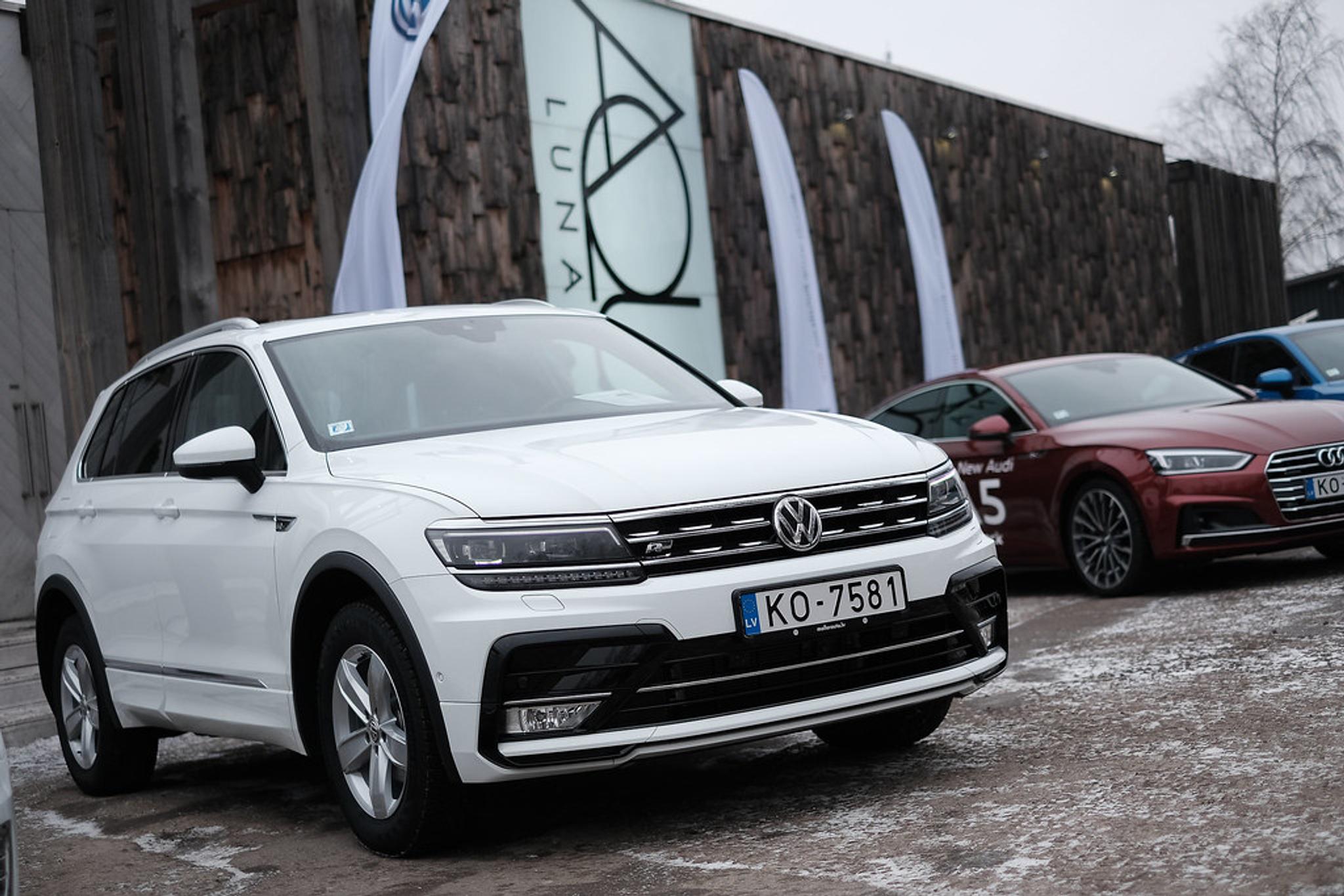
The Volkswagen Tiguan lineup struggled in the early 2010s because of timing chain issues, resulting in engine failures and expensive repairs. Engines in the second generation model have been revised and are free from these major problems but can still experience plastic intake manifold failure, premature water pump wear, and subframe clunk. According to J.D. Power, the best-rated Volkswagen Tiguan is from 2016, with an 85/100 reliability score. Meanwhile, 2020-2024 models are rated at 77-78 out of 100.
This compact crossover is one of the most desirable Volkswagen models. Its low starting price makes the Tiguan a dependable budget SUV with bold exterior styling and premium features like rear cross-traffic alert, blind-spot monitoring, remote control, a Wi-Fi hotspot, and a 6.5-inch touchscreen infotainment system.
The second-generation Volkswagen Tiguan is available with petrol, diesel, and hybrid powertrains, making it very popular in various markets.
3. T-Roc
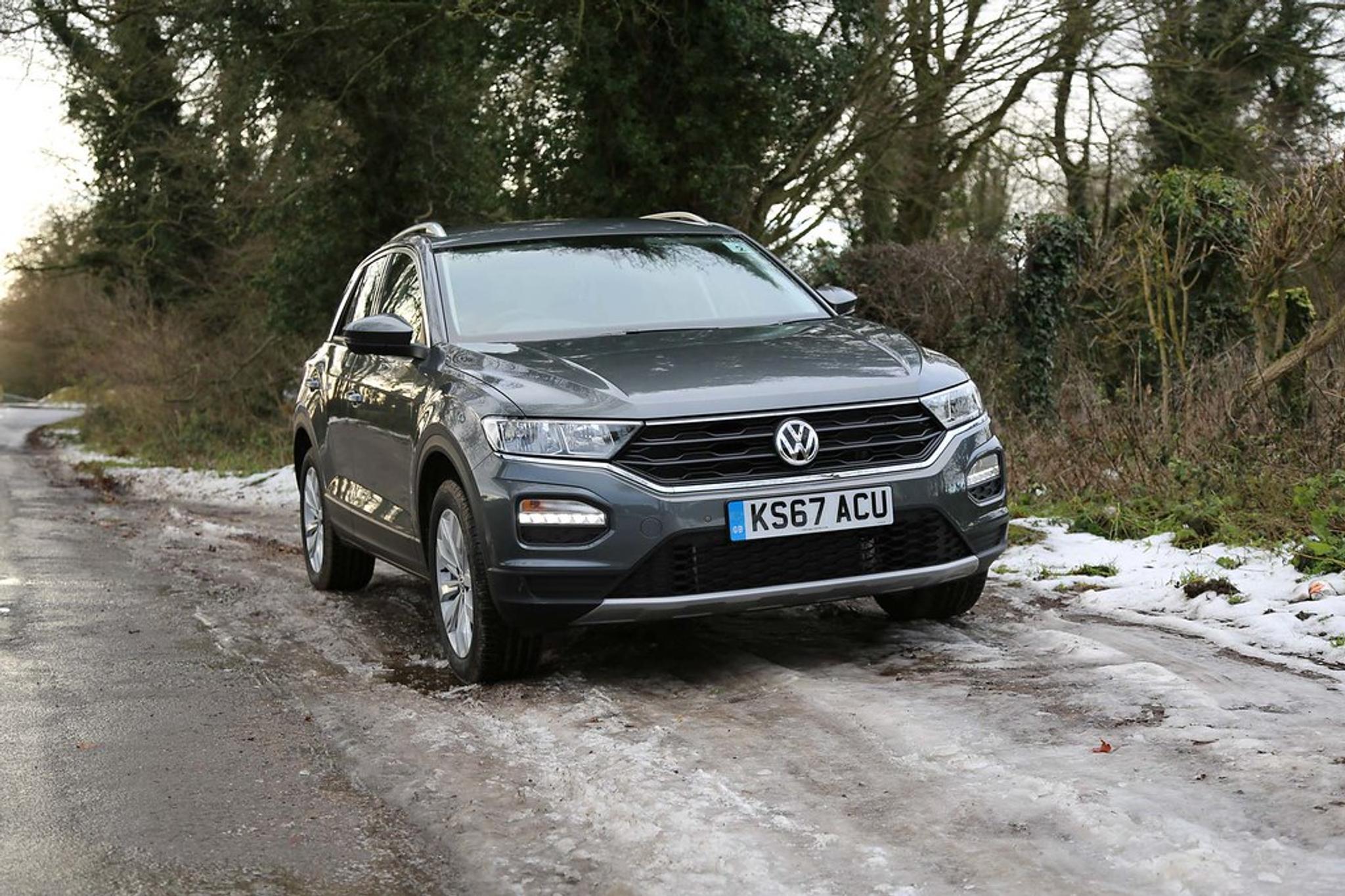
The T-Roc was introduced in 2017 and has already established a reputation as one of the most reliable SUVs on the market – WhatCar? gave this model a 95% reliability rating. However, the T-Roc has received 7 recalls since its launch, fixing faulty seat belt retractors, loose brake pedal plates and engine covers, weak headrests, and wrong rear spoiler adhesive.
More than 40% of all cars operating on the road have been in accidents. However, according to our data, only 21.67% of VW T-Roc history reports have damage records, meaning you're less likely to buy an unsafe car in poor condition.
The Volkswagen T-Roc is a B-segment SUV, competing with the Audi Q2, Mercedes-Benz GLA, and BMW X2 models. Volkswagen has stepped out of its bland image with the Arteon and the T-Roc, hitting the market with sporty yet practical models. The T-Roc features 2 diesel and 7 petrol powertrains, a few of which also come with an all-wheel-drive system. Volkswagen also offers a quirky two-door T-Roc Cabriolet version but it costs more than the Tiguan.
2. Golf
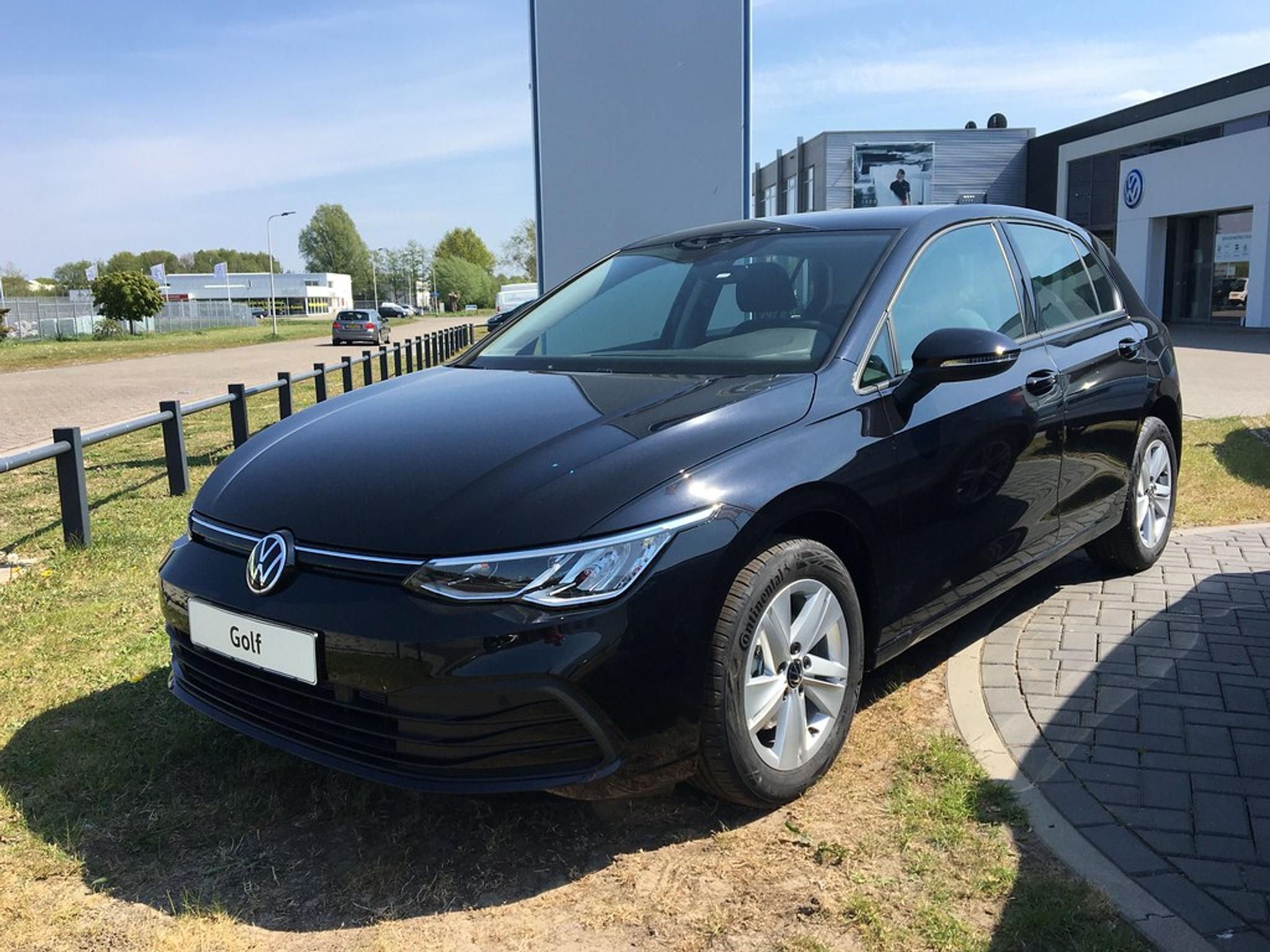
The Volkswagen Golf is the third-best-selling car in the world, as it provides a perfect balance between style, functionality, and reliability. The eighth-generation Golf has been prone to a few software issues, such as faulty sign recognition and a malfunctioning radio, but VW has issued a recall to fix these glitches.
The Volkswagen Golf has always been a car for everything: traveling with friends, commuting to work, etc. That's why many people consider the Golf a safe choice.
The ongoing eighth-generation was launched in 2019, introducing new VW design trends with more crests and an airy interior. It’s also the first Volkswagen Golf that isn’t available as a two-door hatchback.
A couple of years old base model starts at nearly $29,000 and has LED headlights, a panoramic sunroof, keyless entry, push-button ignition, a Wi-Fi hotspot, and other generous standard features.
1. Up!
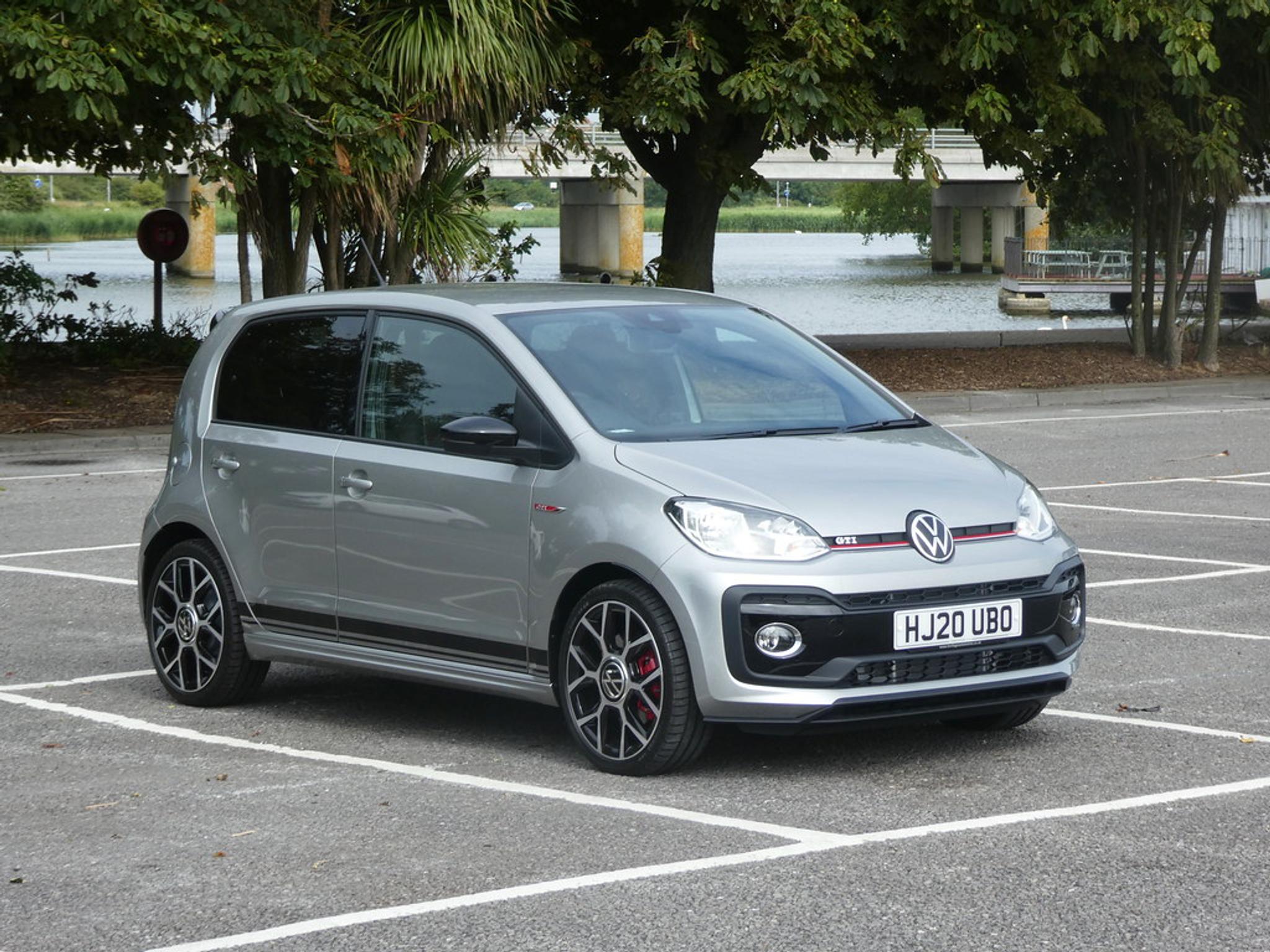
The Volkswagen Up belongs to the smallest passenger car category – segment A, which is the main reason it is the most reliable Volkswagen. It received a 96.9% reliability rating from WhatCar?, placing it among the most reliable cheap cars.
Some owners of pre-2016 models have complained about water leaking inside the cabin and software glitches, but these issues aren't common in newer models.
If the Polo is too big for you, the VW Up will be right up your alley. It's only 3.5 m long and weighs less than a ton. While Volkswagen isn't a premium brand, its cars usually express a humble yet classy statement inside the cabin, which doesn't appear here – the inside of the Up looks basic because of exposed metal parts and cheap plastics.
Overall, this is a competitive city commuter, and it should keep going with minimal expenses.
Most common Volkswagen problems
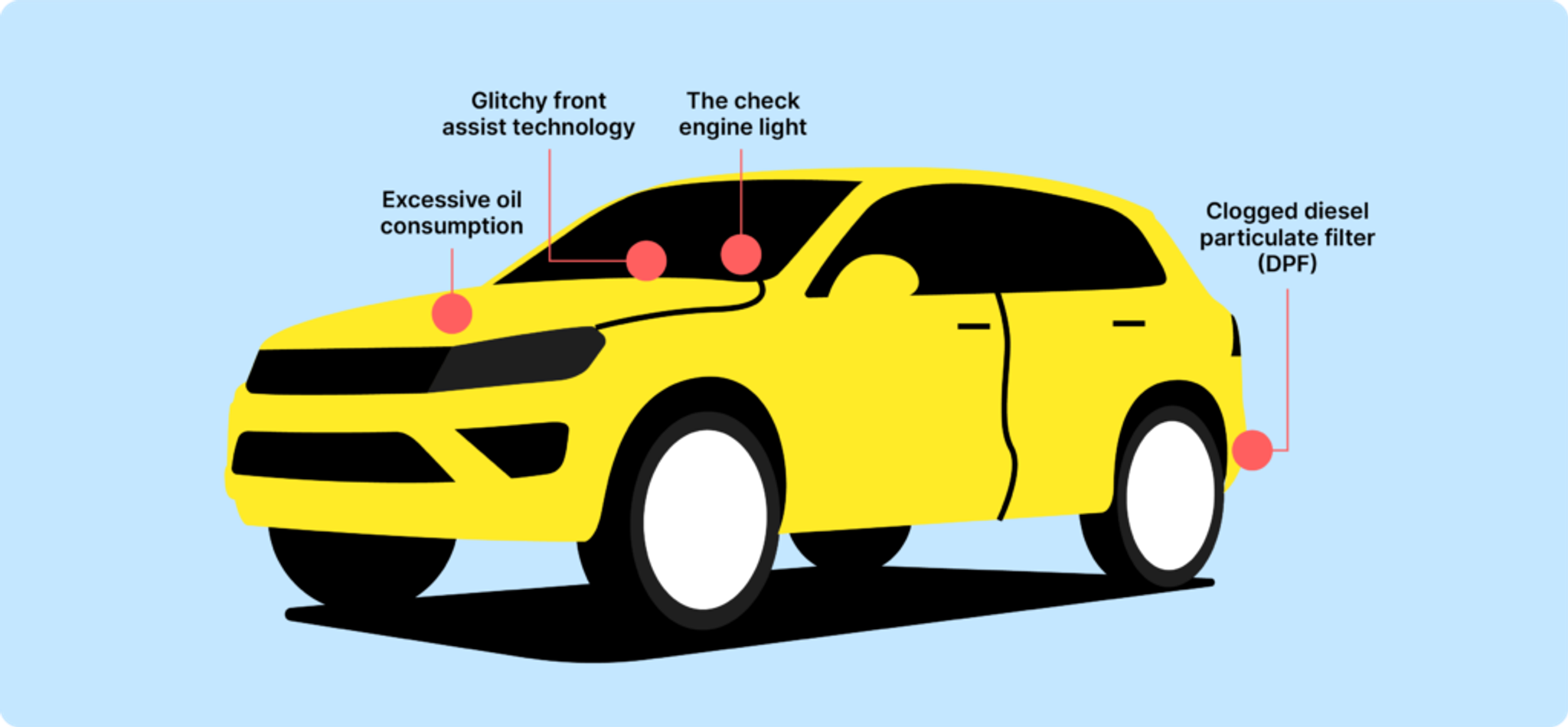
Even the most reliable Volkswagen models aren't as dependable as well-known Japanese rivals. Volkswagen isn't on the list of the most reliable car makers and is known for various engineering flaws.
Here are some of the most common Volkswagen problems that keep the brand's reliability rating low.
Excessive oil consumption
Some Volkswagen turbocharged petrol engines consume a lot of oil. While the manufacturer tries to cover this problem by stating that the oil consumption is normal, some drivers must add oil every few hundred miles. The consumption also increases when the engine is under more pressure.
Engines burn oil because of worn piston rings, valve seals, or a worn-out turbo. Some cars have lower-tension piston rings to provide better fuel economy but they also let the oil through a lot easier.
Blue exhaust smoke is always a sign of burning oil, so be aware of this when looking for a used Volkswagen.
Glitchy front assist technology
Volkswagen offers the driver assistance package in many of its models, including the front assist system that monitors the area in front and applies brakes whenever it detects an obstacle. While the system has been available since 2015, it still has issues.
Many drivers have reported that the front assist system applies braking even when nothing is in front of the car, resulting in dangerous situations. Sometimes this issue happens because of dirty front sensors, but Volkswagen’s software is also known to have bugs.
The manufacturer doesn't offer much recourse for this issue – instead of simply repairing it, they ask owners for documented details or offer to turn the system off completely.
The check engine light
People often make fun of Volkswagen for having an overactive check engine light in their cars. The light can light up because of a loose gas cap, faulty sensors, or shorted wires. The check engine light should only show for engine-related issues, but be sure to connect a diagnostic tool before making any assumptions.
Clogged diesel particulate filter (DPF)
Diesel particulate filters trap soot and ash, reducing exhaust emissions. While they’re very effective, the filters have to regenerate every few hundred miles, which can only happen when the engine runs at 3,000-4,000 rpm.
Volkswagen cars are prone to premature DPF clogging, especially when driven in cities. The check engine light should appear and the car may go into limp mode when sensors detect an exhaust restriction.
Regular regeneration should keep the DPF clean for over 100,000 miles, so drive out of the city every few days to exceed 40 mph. Diesel particulate filter regeneration will activate automatically.
Each model has unique weak spots, so do some research on a specific model before purchasing it.
Prevent expensive problems by checking your VW car’s history
While the Golf is the best-selling Volkswagen model, over 40% of Golfs currently on the road are damaged, creating a high risk of buying an unsafe or unreliable car. All damages affect the vehicle’s reliability, so you shouldn’t overpay if a car has been in an accident or a flood.
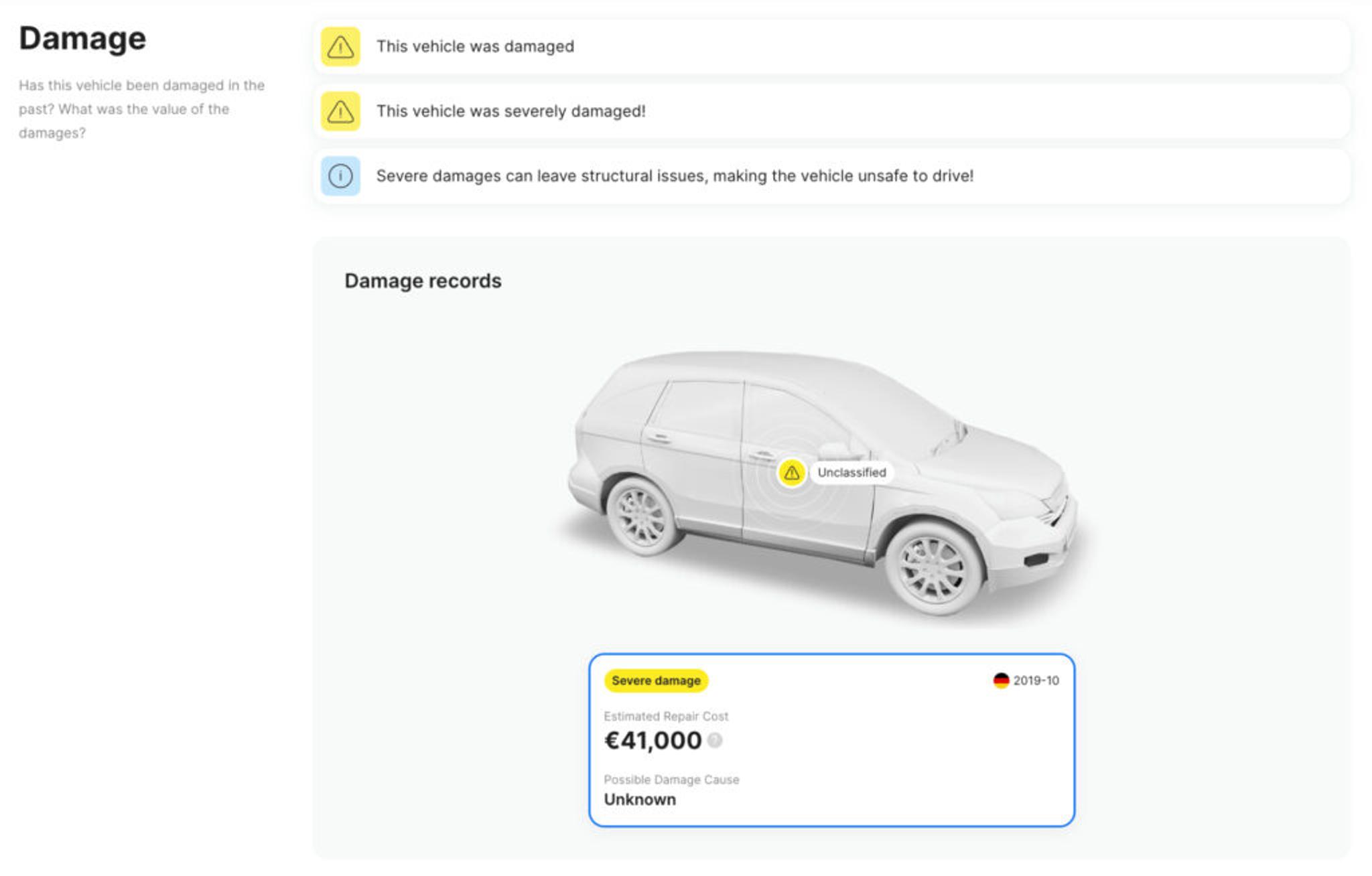
carVertical history reports reveal valuable data about damages, titles, mileage, thefts, and equipment. The used car market is crawling with dishonest sellers and scammers, so checking the car’s history before buying it should become a habit.

Check your VIN
Avoid costly problems by checking a vehicle's history. Get a report instantly!
